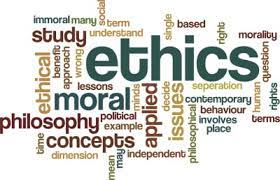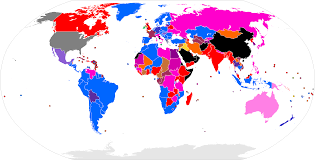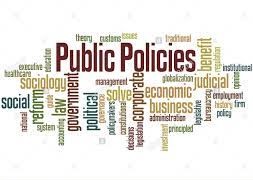
This course explores public sector ethics as an applied
discipline. Specifically, it interrogates a variety of rules that attempt to
illuminate on the question “what do I, as a public servant, do in a
particular situation?” The course proceeds on the premise that
responsibilities of public policy makers and public servants occur in the context
of competing obligations that guide political actors inside and outside
government, particularly when notions of what is good, just, and legitimate
public policy are contested.
- Facilitator: George Abel Mhango

This course analyses the major theoretical and conceptual perspectives concerning electoral systems with regards to their types, emergence, changes, and effects. More specifically, it discusses how electoral systems influence party systems, representation, citizen attitudes and behaviour, the quality of democracy, corruption, and electoral misconduct. The final part of the course mulls over prospects and challenges of electoral system reforms in new democracies
- Facilitator: George Abel Mhango

This course explores the environment of public
policy in order to acquaint students with the nature and dynamics of
contemporary public policy making. Taking into consideration challenges,
uncertainties and resource constraints facing government, the course provides a
framework for understanding how governments respond to policy problems and how
such decisions affect the public.
- Facilitator: George Abel Mhango
